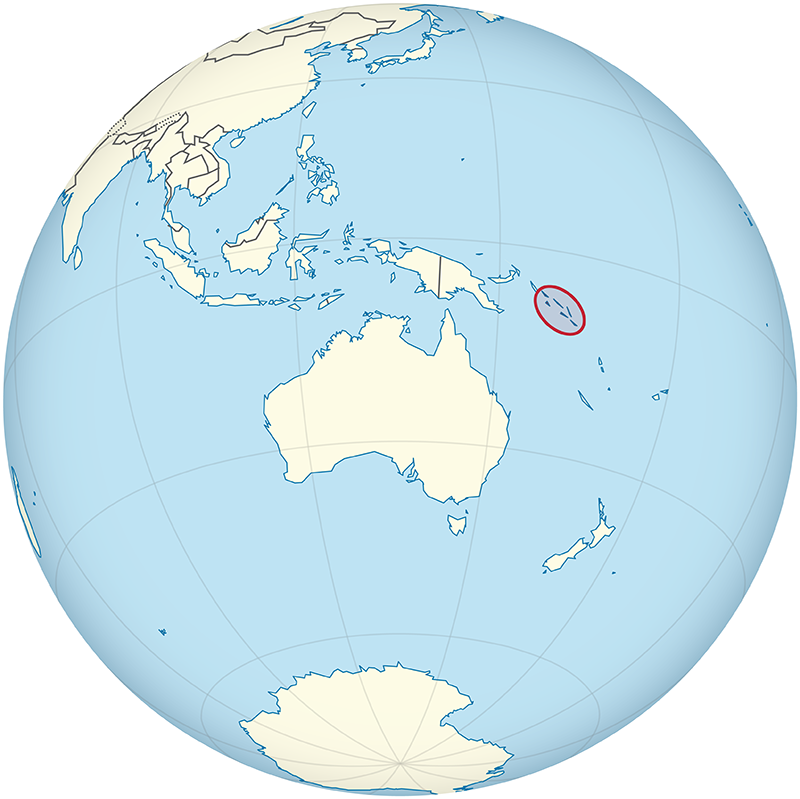
- Population:
- 819,000
- Religion:
- Christianity
The Solomon Islands were first settled by Austronesian peoples before European contact in the 16th century. They became a British protectorate and gained independence in 1978. The economy relies on agriculture, fishing, and timber, though it faces challenges from climate change.
The Solomon Islands is a sovereign country consisting of six major islands and over 900 smaller islands in Oceania, lying to the east of Papua New Guinea and northwest of Vanuatu. Covering a total area of approximately 28,400 square kilometers, it has a population of about 700,000 people as of 2023. The capital and largest city is Honiara, located on the island of Guadalcanal. The official language is English, though Solomon Islands Pijin is widely spoken. The country operates as a unitary parliamentary constitutional monarchy, recognizing the British monarch as head of state, represented locally by a Governor-General. The economy is based on agriculture, forestry, fishing, and mining, with subsistence farming being prevalent. The Solomon Islands is known for its rich biodiversity, World War II history, and diverse cultures with numerous ethnic groups and languages. The country is a member of international organizations such as the United Nations, the Pacific Islands Forum, and the Commonwealth of Nations.





